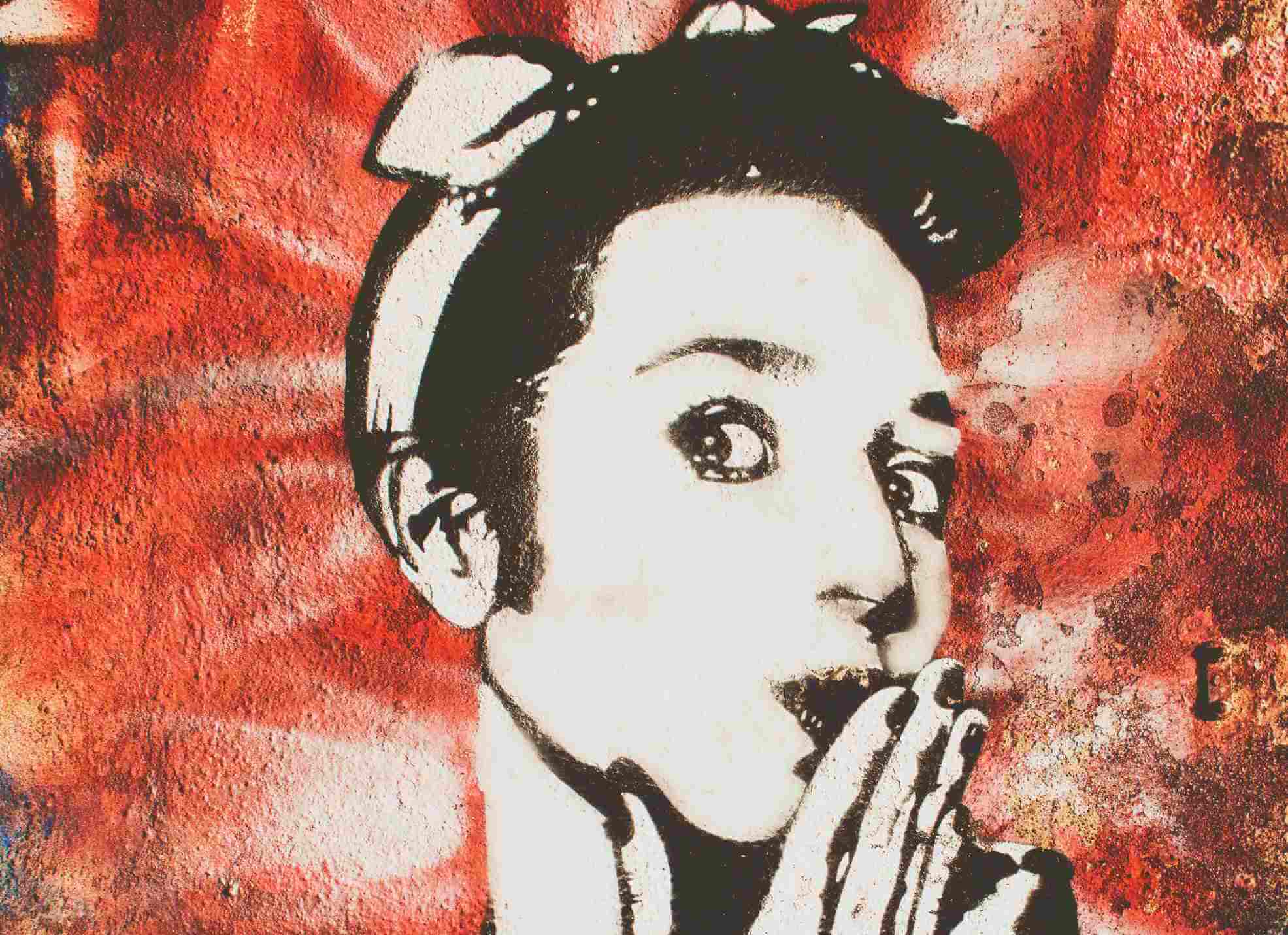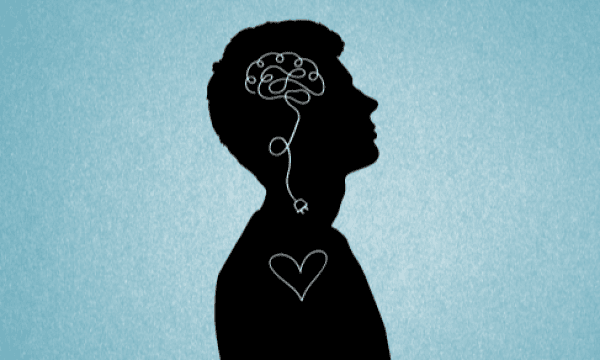
Conversations about sex can be weird. They are also important to have with prospective partners. This is why I gave myself a set protocol, a script if you will. It goes like this:
"Time for the grown up conversation!" This is my opener. Sometimes I'm playful when I say this, sometimes I'm serious. At all times, I'm genuine. My belief is that if my partner and I are grown enough to have sex, we're grown enough to talk about it. I try to anticipate a romantic encounter and have this conversation before it happens. Things don't always work that way. I'll interrupt "the moment" to have this talk. My life matters.
"When was the last time you were tested?" A few people I've talked to have said they like to have this conversation organically. When is it ever "organic" to ask someone about their STD history? It's not. A friend pointed out that societally, we are uncomfortable at the thought of our partner having slept with people before us. That's true. This friend also acknowledged a subconscious reason for avoiding this conversation: thinking about the risk factors associated with sex makes them not want to have sex.
"Have you ever had an STD?" A year ago, I tested positive for a strain of HPV that causes cervical cancer. My STD-free bubble burst and my sex-health awareness took leaps and bounds. I wanna know what's been up with my partner's body and how they've addressed it.
"Have you had unprotected sex since you were tested?" Unprotected sex increases the risk of disease transmission. Testing clear 6 months ago means less to me if there has been unprotected sex in the interim.
Those are my basics. I ask follow up questions based on what I hear. I usually don't have sex with anyone who has gone more than a year without being tested, and I always expect my partner to wear a condom. When I became sexually active, this conversation did not feel natural. It was awkward and bizarre. I felt worried about offending my partner. Over time, I got over that. My life matters.
I talk openly about sex. I talk openly about a lot of things. We're a community, and stigma doesn't serve us. I offer this piece, because it can be helpful to know how other people do things. There is no one way to navigate this or any other conversation. Your body belongs to one person. You.
Trans and queer communities experience distinct concerns and needs regarding safe and healthy sexual expression. This piece is written from a cisgender, heterosexual perspective and experience of sex. In the opening of conversational safe spaces, it is important to acknowledge that there is more to sexual health than what exists in the straight world.

























